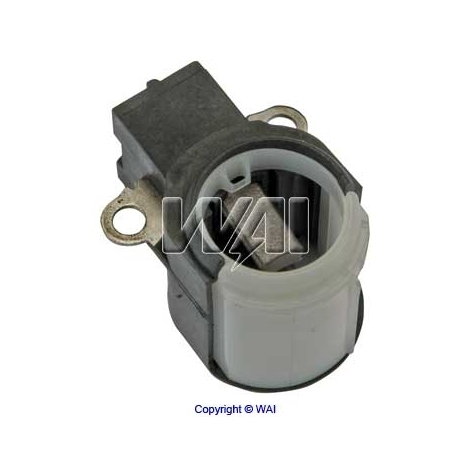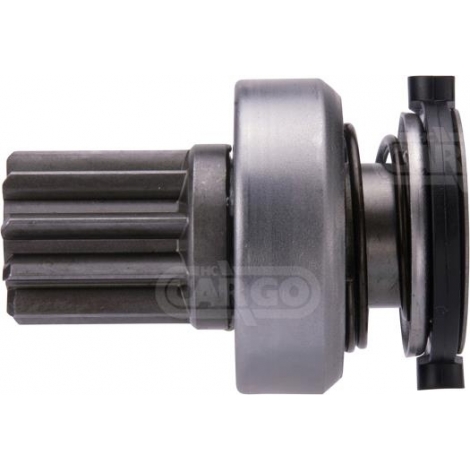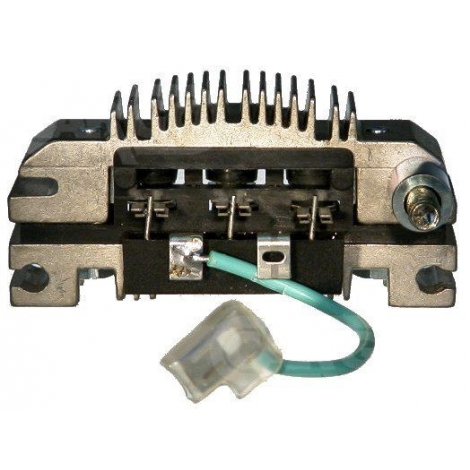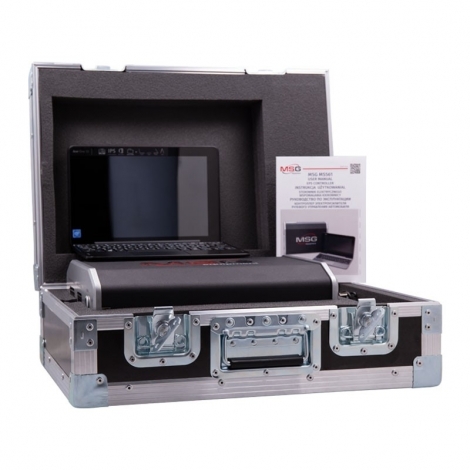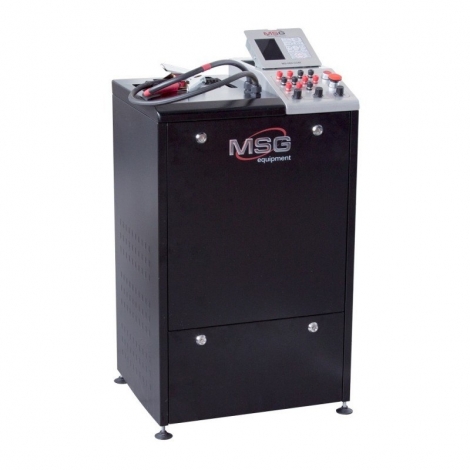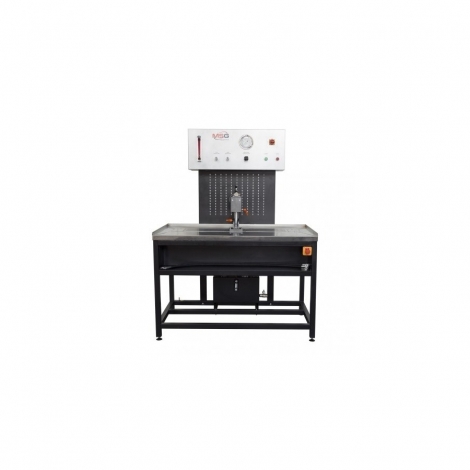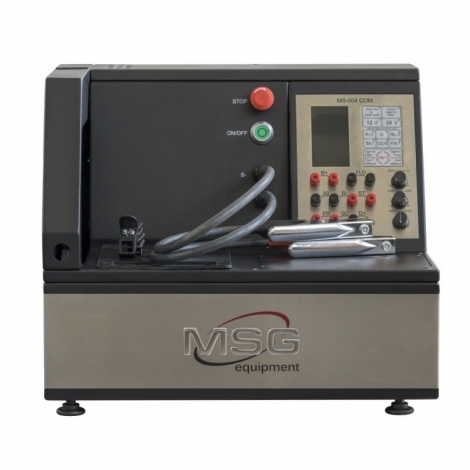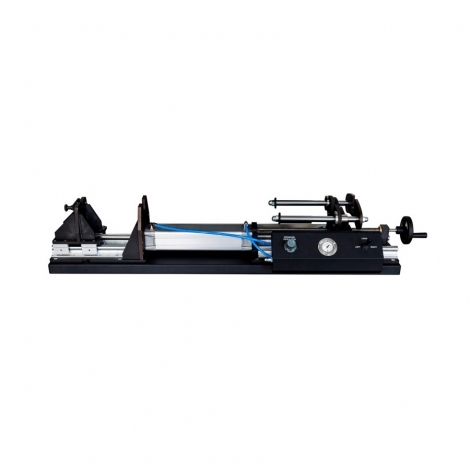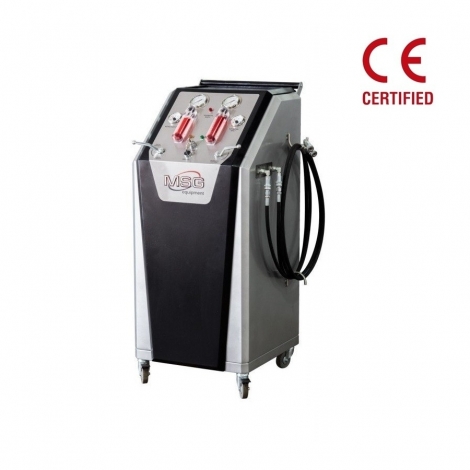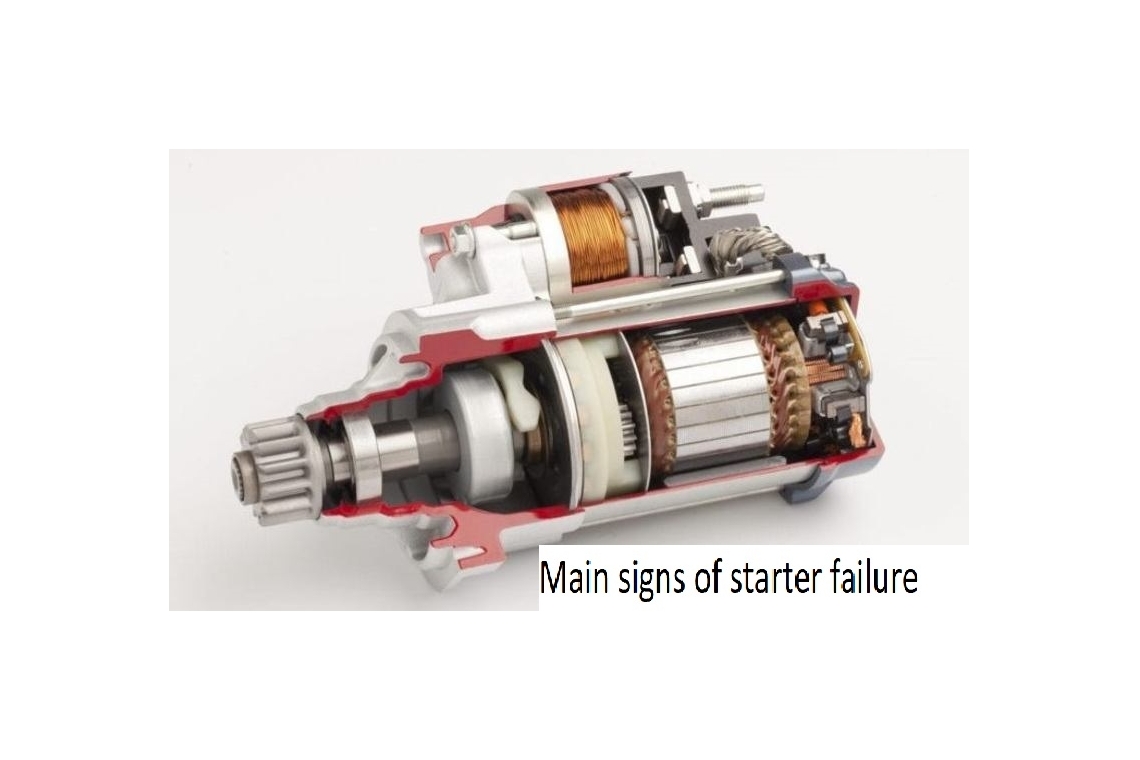
Main signs of starter failure
The main sign of a starter failure is a non-starting engine when the starter rotates hard and slowly or does not turn at all. When you try to start the engine, you may hear metal friction sounds or even smoke. Remember that each of your memorable trips was primarily due to the good performance of your vehicle’s starter. In modern cars and trucks, the starter is attached to the rear of the engine, to the gearbox. The starter gears are connected to the flywheel, and when they rotate, the engine is started. As the starter rotates, the fuel enters the combustion chamber where it is ignited. This is how the engine starts working if everything is working properly. However, over time, the starter wears out and breaks down, making it more and more difficult to drive a car.
The three most commonly faulty starter parts are the solenoid, which sends an electrical signal to activate the starter motor, the brushes, and the bend. If they fail, it is advisable to change the starter. Many components inside the starter can be repaired or replaced, but car manufacturers usually recommend replacing the entire starter to avoid future failures.
Before the starter breaks down completely, the first signs of a starter failure are observed.
The starter does not start
The most common sign of a starter failure is that the starter does not start. When you turn the key and try to start the engine, you may either hear a strange sound or no sound at all. This is most commonly due to a ignition lock failure, a starter solenoid, or a sudile starter brush. Another cause may be a malfunctioning or discharged battery.
The starter does not turn the engine
When you try to start the engine, you may hear the sound of a rotating starter, but the engine is still not running. Sometimes starter problems are mechanical in nature. For example, worn or broken gears connected to a flywheel may be worn.
Problems starting the engine
Signs of starter failure can be due to poor condition, dirty or broken wires, and it can be difficult to start the car engine immediately. Difficulties can be caused by damaged or defective and other electrical components. Even if starting is infrequent, it is advisable to delay and look for the cause of the fault, as you would definitely not want your car’s starter to stall when, for example, you find yourself in a remote place where it is difficult to get help.
The sound of friction
The friction sound is heard due to worn starter and flywheel gears. Sometimes the sound comes from the starter itself. Ignoring this feature can damage the engine.
When trying to start the engine, the lights dim
When dimming the engine, the dimmed interior or instrument panel lighting may indicate a short circuit in the starter wiring. In this case, the starter uses electricity from other electrical system connections. If not only the light is dimmed, but also a strange sound is heard, the starter bushings and bearings may be worn.
Smoke or smell of smoke when trying to start the engine
A starter is a mechanically operated device powered by electricity. Occasionally, it may overheat due to the DC power supply or continue to run when the engine is already idling. In this case, you will most likely smell the smoke or see them bursting from under the car. This may be due to a short circuit, a blown starter or other faults in the combustion system. It is worth taking the car to a repair shop as soon as possible.
Car manufacturers have not set a limit on how many kilometers a starter needs to be replaced, but knowing the signs of a starter failure makes it easier to predict if the problem is due to poor starter performance.


